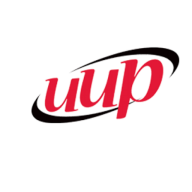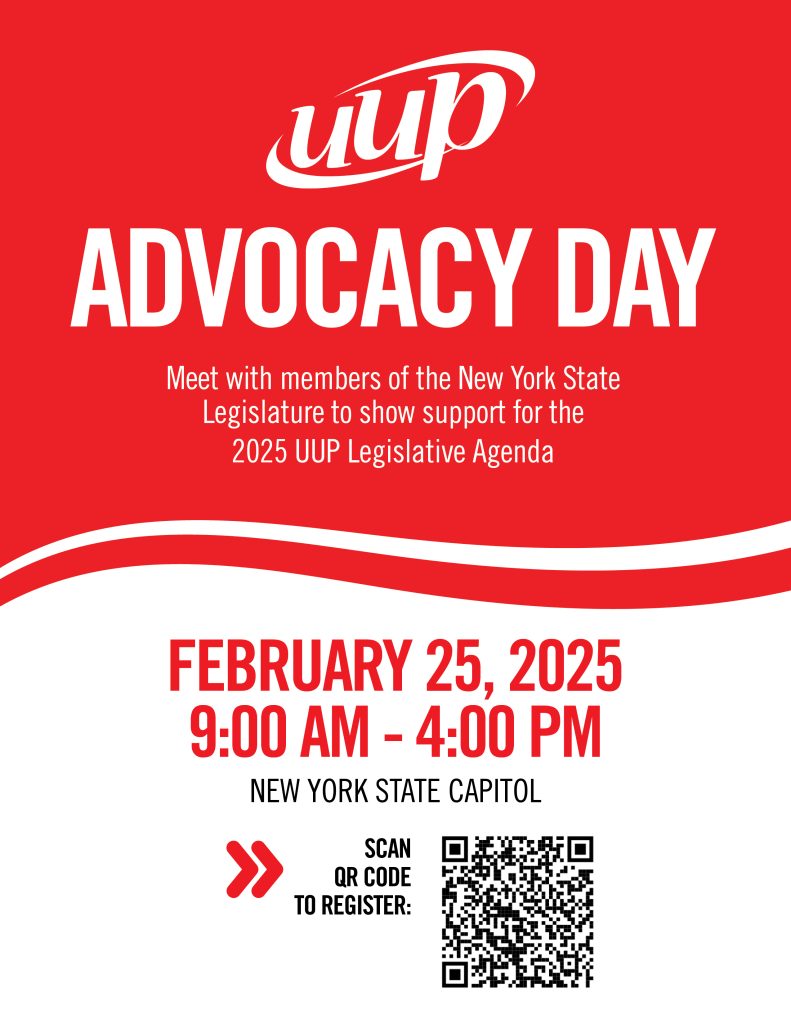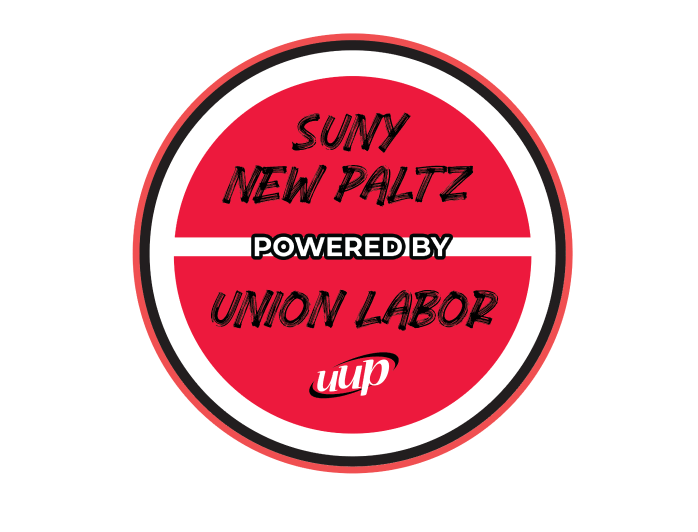New Paltz DSI 2024 Distribution Report
On the December 18 payroll, some 465 of our bargaining unit members received an increase to their base salary, along with a retroactive payment of that increase to either July 1 (calendar year employees), August 22 (for adjuncts) or September 1 (academic year employees). These increases came from a provision in our statewide Agreement:, which requires the Employer to distribute .5% of the total UUP payroll to our members via Discretionary Salary Increases (DSI). Please note that the discretion involved in this distribution is strictly on the side of the Administration.
The pool of money available for each type of increase is stipulated at .5% of the total UUP salary pool. The actual salary increases distributed in the 2024 round of DSI was $255,958.0, in amounts ranging from $185 to $1,000.
Attached is the alphabetized list of DSI recipients and the amounts distributed by the Administration in 2024 in PDF format.







